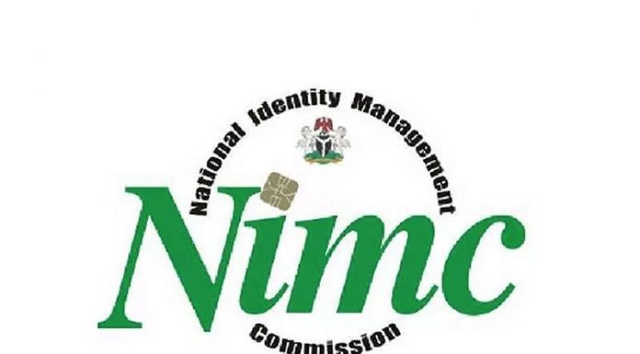The National Identity Management Commission (NIMC) announces that Nigerians will need to pay for the newly introduced multipurpose national identity card to ensure it is produced for those who genuinely require it.
Dr. Peter Iwegbu, Head of Card Management Services at NIMC, explains during a media workshop in Lagos that the decision stems from lessons learned from previous efforts, where free identity cards were distributed but many remained uncollected.
“Before we stopped due to funding, we produced more than two million cards, but many are still in our offices because people didn’t need them,” Iwegbu says.
Iwegbu highlights that the government’s limited resources make it impossible to fund free ID card production. He adds that requiring payment ensures the cards are only issued to those who genuinely need them.
“We reviewed the project and found two major challenges: first, the government lacks the funds to produce the cards for free; second, people must have a reason to request the card so that they will collect it when produced,” he explains.
Engr. Lanre Yusuf, NIMC’s Director of IT, states that the new system is post-paid, requiring individuals to pay before their cards are processed. “You initiate a request, pay for it, select a convenient collection point, and pick it up. This process ensures cards are not ignored,” Yusuf adds.
The NIMC assures that programs are in place to assist less-privileged Nigerians who cannot afford to pay but need the card for accessing government support.
To simplify access, NIMC decentralizes the process, enabling Nigerians to request and collect their cards from banks nationwide. This partnership with banks ensures accessibility across the country.
The multipurpose ID card, set to launch in the coming weeks, integrates identity verification, payment functionality, and access to government services. Developed in collaboration with partners, it supports government initiatives and eNaira transactions, complying with global operational and security standards.
The initiative aims to streamline identity management, address inefficiencies, and provide broader access to essential services for Nigerians.













